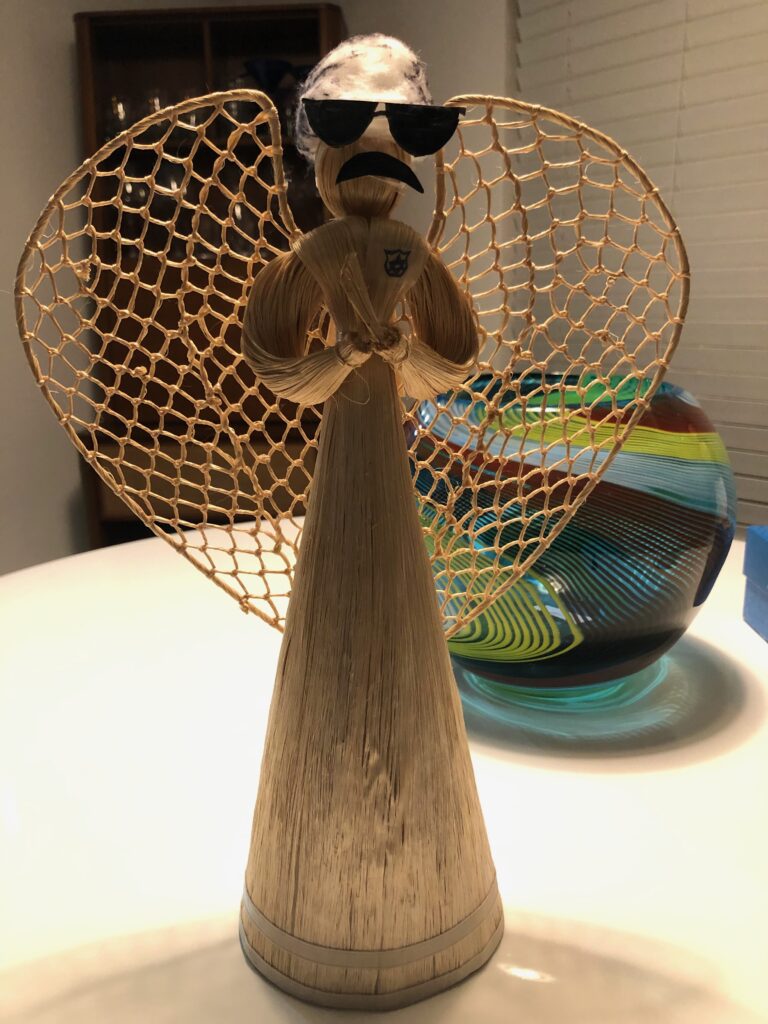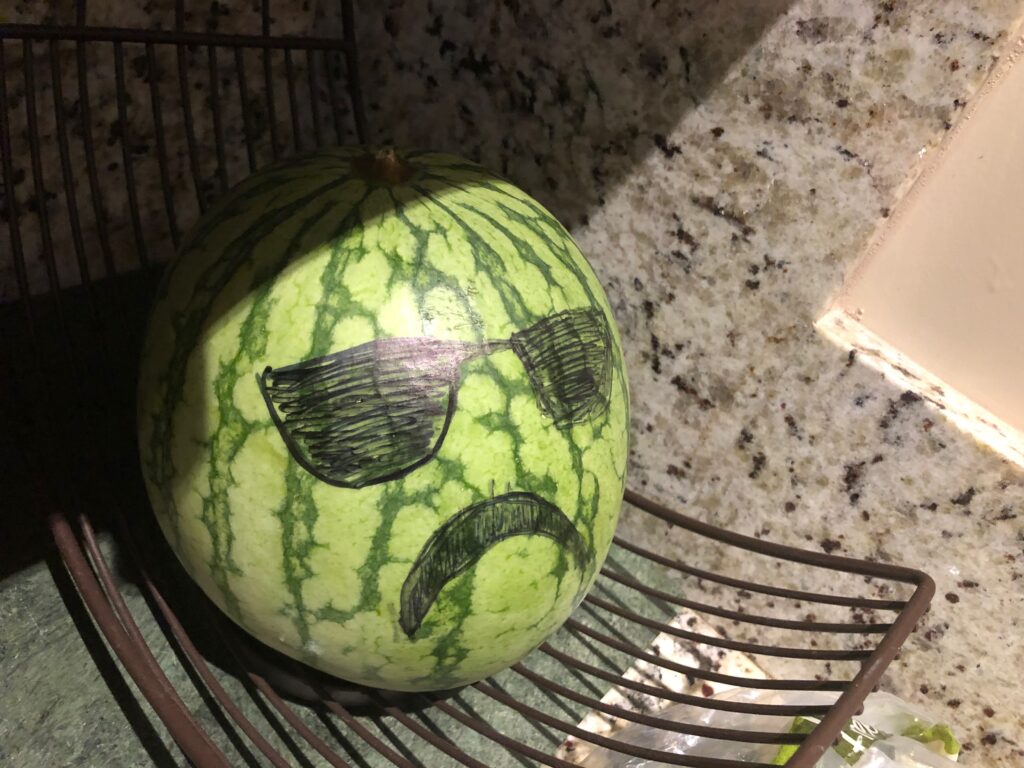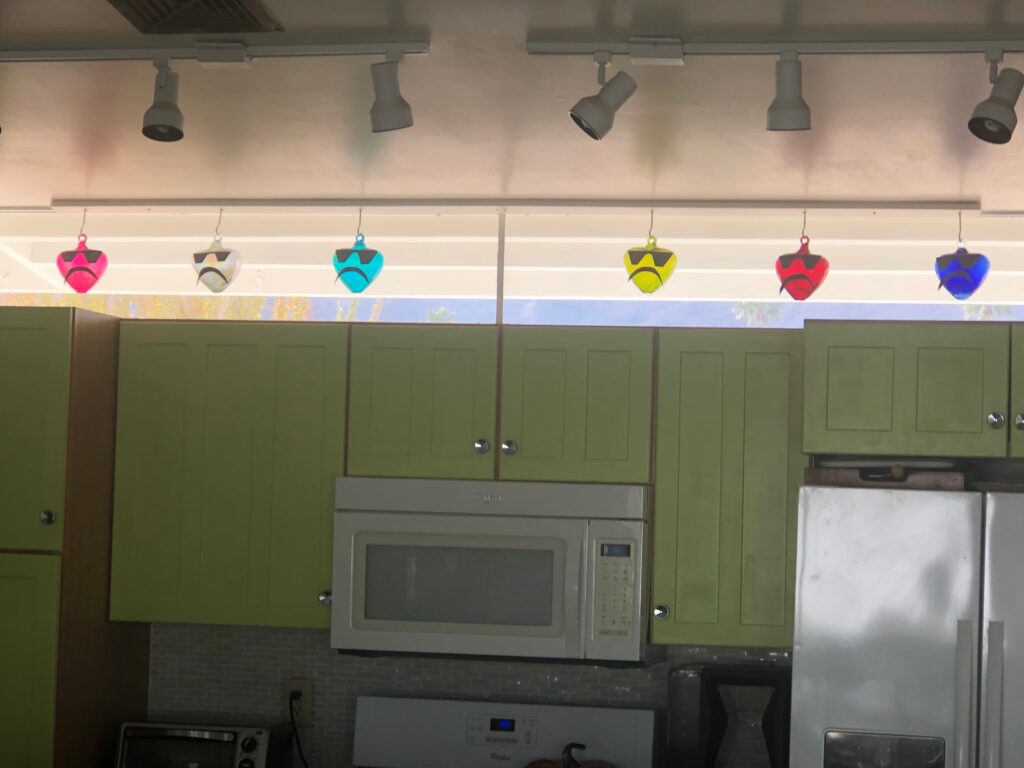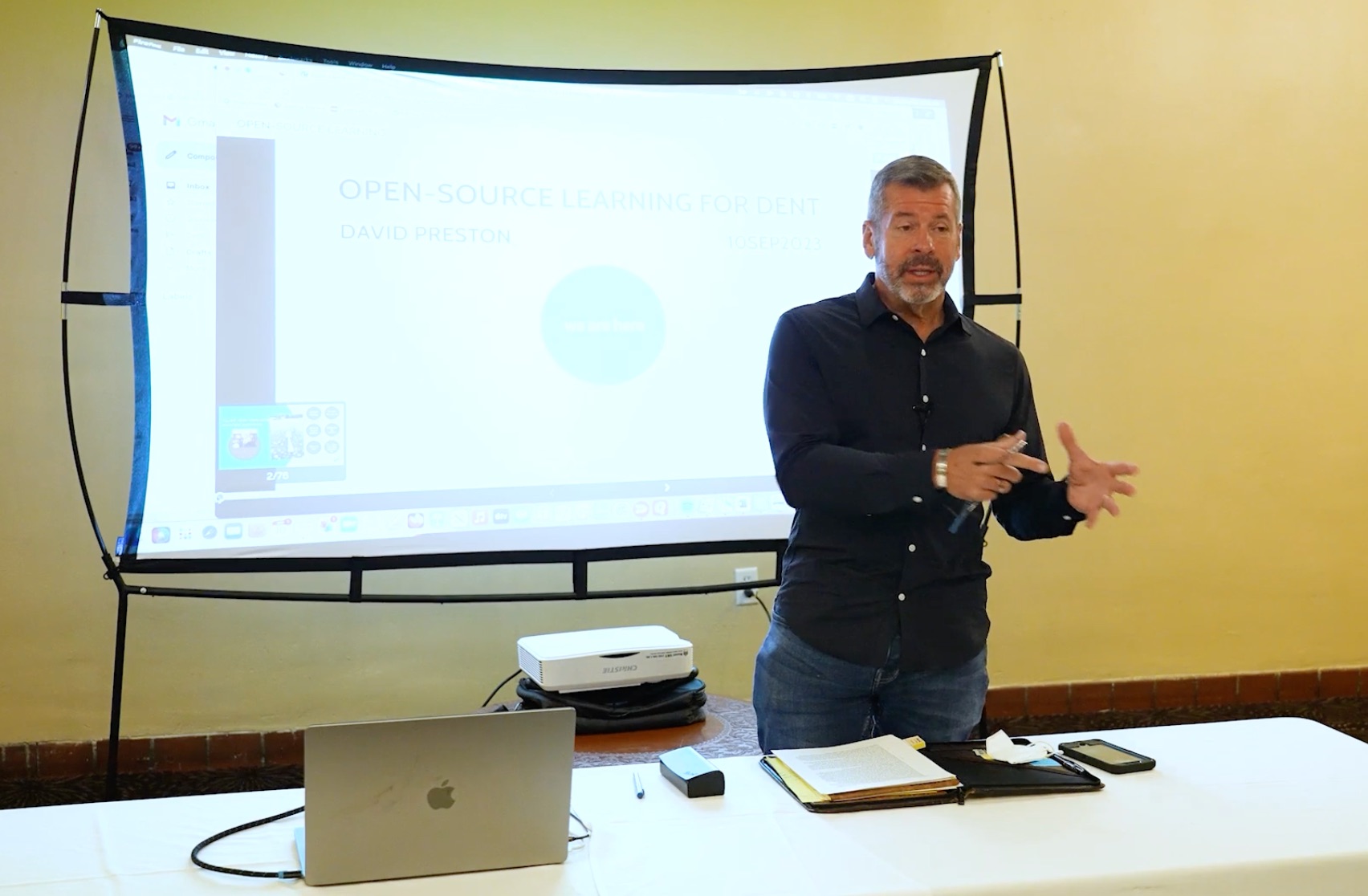In September I went to Santa Fe, New Mexico to share Open-Source Learning with the Dent Conference.
Rather than describe the experience, I thought I’d show it to you. Feel free to dive deeper by checking the time-stamped annotated notes below. Enjoy!
NOTES
00:01 Consciously reflecting on and understanding our reasons for taking action helps us focuses our attention and do everything better. https://en.wikipedia.org/wiki/Motivation
00:10 The concept of fun is vastly underrated in our culture. Systems of formal learning and work emphasize… well, work. Which is ironic, since research suggests that fun accelerates our acquisition of new information, and learning improves the quality of our work. https://www.apa.org/monitor/jun06/learning
00:29 Novel experiences cue our neural mechanisms for learning and enhance our memory https://www.scientificamerican.com/article/learning-by-surprise/
01:36 “Repetition is a key to learning.” – Hall of Fame UCLA Men’s Basketball Coach John Wooden
02:04 Learning is the process of changing our minds. https://www.edweek.org/teaching-learning/opinion-learning-means-changing-your-mind/2021/02
03:01 “L’esprit de l’escalier” https://en.wikipedia.org/wiki/L’esprit_de_l’escalier
04:40 “Time for Success” by David Preston https://www.amazon.com/Time-Success-David-R-Preston/dp/0966718402/ref=sr_1_1
05:08 “Have the time of your life” https://davidpreston.net/2022/06/21/have-the-time-of-your-life/
05:17 Video of Steven Wright https://youtube.com/shorts/iqSB0RG7EBA
06:15 Opportunity cost: https://en.wikipedia.org/wiki/Opportunity_cost
06:46 I began the talk (before the video started) by saying that, just before I started speaking, all things were still possible – until I started talking and those possibilities resolved into one reality. I called the idea “Schrödinger’s Chat” https://en.wikipedia.org/wiki/Erwin_Schrödinger
06:51 Adult learning and schema https://www.ncbi.nlm.nih.gov/pmc/articles/PMC4005174/https://en.wikipedia.org/wiki/Schema_(psychology)
07:29 Unlearning https://www.psychologytoday.com/us/blog/the-gen-y-psy/202004/the-power-unlearning
07:42 For more on the power of the question: https://davidpreston.net/2022/01/17/whats-your-big-question-2/
09:24 Open-Source Learning as a response to school’s closed systems: https://davidpreston.net/2021/09/13/back-to-school-not/
10:07 Did you see what I did there? Master teacher Madeline Hunter wrote about dignifying all responses in order to encourage participation. I built this into a practice I call “organizational aikido” – I’ll post a link if (a) there is interest, and (b) I can find it
10:35 Cognitive dissonance: https://en.wikipedia.org/wiki/Cognitive_dissonance
10:38 Leon Festinger: https://en.wikipedia.org/wiki/Leon_Festinger
10:54 Meta: This is me, curating this talk over a month “after the fact”
11:11 Curation: https://dictionary.cambridge.org/us/dictionary/english/curation
12:53 Synaptic pruning: https://en.wikipedia.org/wiki/Synaptic_pruning
14:07 face vase
14:55 Visual cortex: https://en.wikipedia.org/wiki/Visual_cortex
16:10 David Goggins: https://en.wikipedia.org/wiki/David_Goggins
16:22 John Wooden: https://en.wikipedia.org/wiki/John_Wooden
16:39 Grantland Rice: https://en.wikipedia.org/wiki/Grantland_Rice
17:56 Learning to play golf: https://davidpreston.net/2023/08/15/a-good-walk-spoiled/
22:40 “Never Split the Difference” by Chris Voss https://www.powells.com/book/never-split-the-difference-negotiating-as-if-your-life-depended-on-it-9780062407801
23:01 Waldorf https://en.wikipedia.org/wiki/Waldorf_education
23:01 Montessori https://en.wikipedia.org/wiki/Montessori_education
23:01 Reggio Emilia https://en.wikipedia.org/wiki/Reggio_Emilia_approach
24:51 Predeterminism: https://en.wikipedia.org/wiki/Predeterminism
26:41 Angel and other hombre art from the Preston household



31:23 Sensemaking: https://en.wikipedia.org/wiki/Sensemaking
32:28 Mindfulness research: https://labs.psych.ucsb.edu/schooler/jonathan/research/mindfulness
32:42 “The Art of Happiness” by Dalai Lama https://www.powells.com/book/art-of-happiness-9781444714227
33:18 Laozi: https://en.wikipedia.org/wiki/Laozi
37:36 Physiological sigh: https://www.inc.com/jessica-stillman/stress-relief-stanford-breathing-technique-psychological-sigh.html
38:56 “The OSL Making of an Ironman” https://davidpreston.net/2022/12/06/the-osl-making-of-an-ironman/
44:49 Charlemagne and education: https://www.britannica.com/topic/education/The-Carolingian-renaissance-and-its-aftermath
45:08 A deeper, more critical dive on Horace Mann and the Prussian model of education: https://hackeducation.com/2015/04/25/factory-model
45:14 For more on Alfred Binet, the IQ test, and the history of assessment see “The Mismeasure of Man” by Stephen Jay Gould: https://en.wikipedia.org/wiki/The_Mismeasure_of_Man
46:50 What is your big (interdisciplinary) question? https://drprestonsrhsenglitcomp13.blogspot.com/2013/05/whats-your-big-question.html#comment-form
48:59 “Will this blog see tomorrow?” https://drprestonsrhsenglitcomp14.blogspot.com/2014/05/will-this-blog-see-tomorrow.html
49:11 Observer effect: https://en.wikipedia.org/wiki/Observer_effect_(physics)
49:18 Unanimity is the most robust form of collective decision-making. It’s also the hardest: https://en.wikipedia.org/wiki/Unanimity
51:34 It’s true that the iPhone is way more powerful than NASA’s Apollo computers, but it’s also way easier to break: https://www.popularmechanics.com/space/moon-mars/a25655/nasa-computer-iphone-comparison/
52:20 Addiction https://en.wikipedia.org/wiki/Addiction
56:01 Carl Rogers https://en.wikipedia.org/wiki/Carl_Rogers
56:13 For more on the difference between position-based bargaining and interest-based, collaborative problem-solving, check out “Getting to Yes” by Fisher and Ury: https://www.powells.com/book/getting-to-yes-negotiating-agreement-without-giving-in-9780143118756
56:36 Pleasure Principle: https://en.wikipedia.org/wiki/Pleasure_principle_(psychology)
58:06 Andrew Huberman’s podcast explains neurological concepts and research in ways that all of us can understand and apply, and this episode is a particularly thorough treatment of dopamine: https://www.hubermanlab.com/newsletter/tools-to-manage-dopamine-and-improve-motivation-and-drive
01:04:17 The history of blue is absolutely wild – the poisonous truth about Prussian Blue is stranger than fiction, but stories are the most entertaining lies that tell the truth, so check out Benjamin Labatut’s “When We Cease to Understand the World” https://www.powells.com/book/when-we-cease-to-understand-the-world-9781681375663
01:07:17 Our OSL Dent community lives online here: https://osldent.circle.so/home
01:07:39 Paper on Information Width: https://www.santafe.edu/research/results/working-papers/information-width-a-way-for-the-second-law-to-incr
01:08:06 “Peripheral hearing” was just a fun verbal mistake I made, but panoramic hearing is a real thing, which involves taking more in from our acoustical environment because it includes more than a typical auditory cone of focus. Visually impaired people are often really good at this. The visual equivalent is moving our eyes side to side, which is consistent with a state of optic flow, such as when we scan our environment as we walk. One benefit of sweeping our environment in this way is that it calms our amygdala, the threat response center in our brain, which lowers our stress level and calms us down.
01:08:15 On the cognitive benefits of visual note-taking (aka “doodling”): https://www.health.harvard.edu/blog/the-thinking-benefits-of-doodling-2016121510844
01:09:47 I’m still looking through old hard drives for this article, which I’m almost positive is “The Art of Teaching” by Elliot Eisner
01:11:03 made some powerful observations about the Manhattan Project and I hope we have the chance to unpack this in a future conversation!
01:11:37 “The Medici Effect” by Frans Johansson: https://www.powells.com/book/medici-effect-breakthrough-insights-at-the-intersection-of-ideas-concepts-cultures-9781591391869
01:15:17 Our groups focused on issues such as health care, social justice and oppressive structures in our society, and the connections between Manhattan Project-style collaboration and the use of genetic biology to solve decades-old murder cases. Makes me wonder what we might have accomplished in the next 10 minutes…
01:18:10 Bill Schopf: https://en.wikipedia.org/wiki/J._William_Schopf
01:19:21 In “Crimes Against Logic” Jamie Whyte makes a brilliant case for argument as a collaborative search for truth: https://www.powells.com/book/crimes-against-logic-exposing-the-bogus-arguments-of-politicians-priests-journalists-other-serial-offenders-9780071446433
01:22:45 I based this comment about verbal and nonverbal communication on the work of Albert Mehrabian, with whom I was lucky enough to study at UCLA: https://en.wikipedia.org/wiki/Albert_Mehrabian
01:23:09 It’s important to remember that the verbal v nonverbal communication issue only matters when there is incongruence, i.e., what’s being said doesn’t align with what is being conveyed via body language, facial expressions, etc.
01:24:32 Kintsugi: https://en.wikipedia.org/wiki/Kintsugi
01:25:00 Bruce Lee’s two finger pushup:
01:25:03 Martial artists breaking cinder blocks:
01:25:49 Tikkun Olam: https://en.wikipedia.org/wiki/Tikkun_olam
01:26:07 “Orbiting the Giant Hairball” by Gordon MacKenzie: https://www.powells.com/book/orbiting-the-giant-hairball-a-corporate-fools-guide-to-surviving-with-grace-9780670879830
01:29:30 POST: https://osldent.circle.so/home
01:30:38 This is me curating what I talked about for the reason I talked about it! :)))
01:38:53 Here’s what “Fahrenheit 451” by Ray Bradbury is really about: https://prestonlearning.medium.com/passing-periods-thoughts-on-fahrenheit-451-59159a4dfa8d
THANKS FOR GETTING THIS FAR! Please comment with any questions, ideas, or observations. Have a great day 😀

